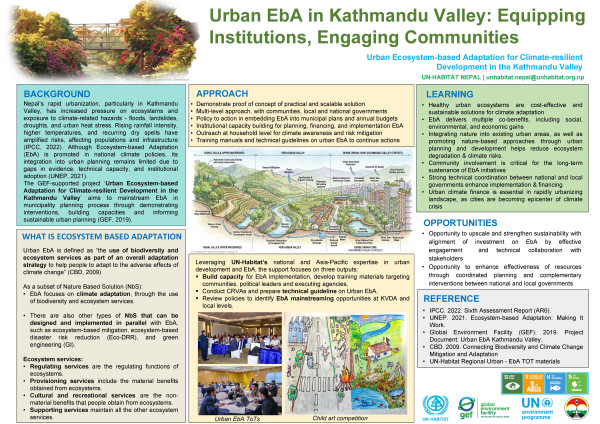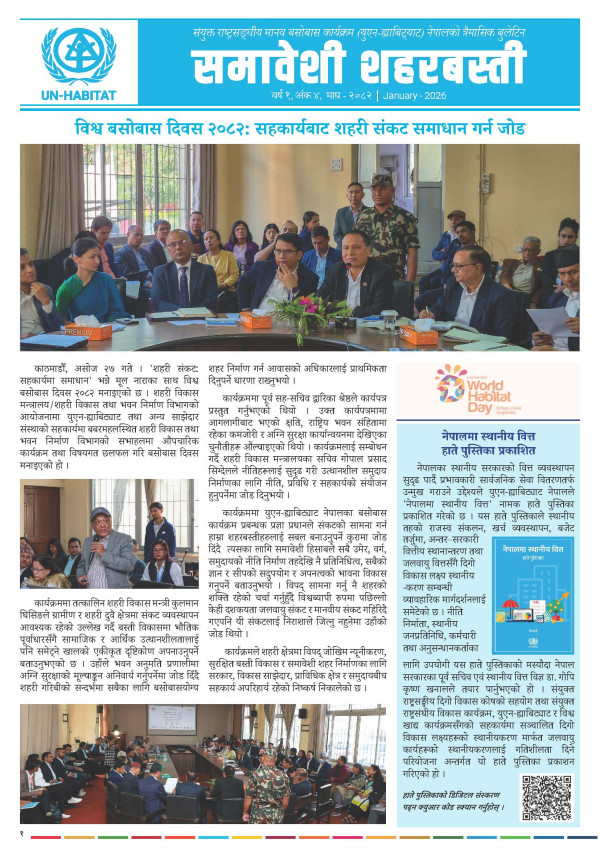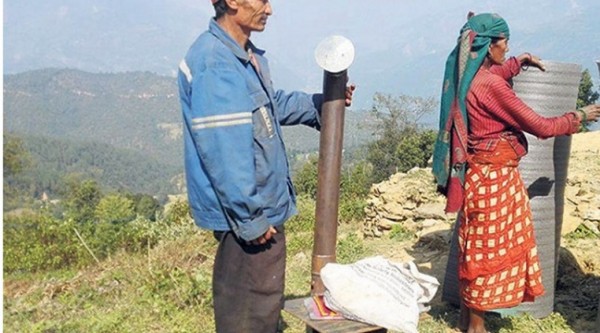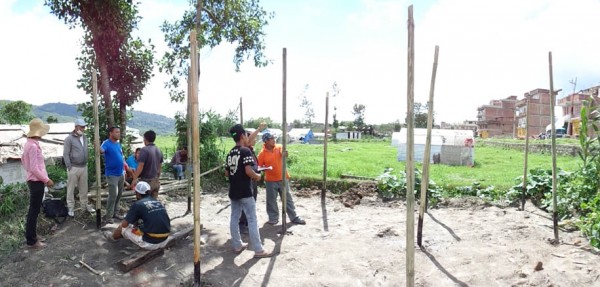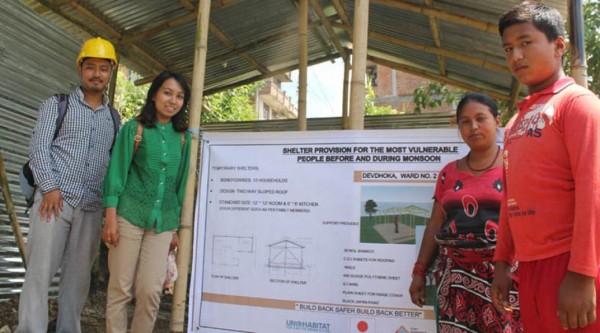Safer Homes
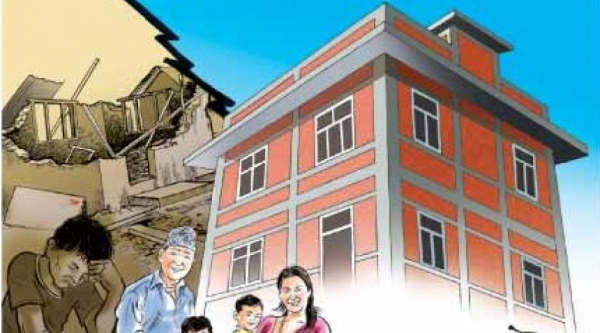
15 September 2015| Dinesh Kharel
We should strictly enforce the National Building Code to minimize the future earthquake risks
Nepal was hit by a 7.8 magnitude earthquake on April 25. Subsequently, the country also faced numerous major aftershocks. In this disaster, the country had to bear huge infrastructure and human casualties. Thousands of people are still in temporary shelters. Reconstruction will resume after monsoon. In this situation, constructing safe, earthquake-resistant houses by effectively implementing the National Building Code (NBC) is important.
Over 90 percent houses in Kathmandu have flouted the NBC. Majority of them were constructed on the basis of personal whims. NBC was approved and implemented in 2003 and the process of applying building codes has been started in public as well as private buildings. However, this requires massive training and public awareness programs.
Those involved in design and construction and in creating awareness, implementation and local execution of NBC could play significant role in earthquake resistant design of buildings. Proper implementation of NBC can reduce earthquake risks. This is the right time to circulate the message and make people aware about the significance of NBC. Till date, the building code has been implemented in only 30 municipalities across the country.
The majority of people in affected areas are still waiting financial support. According to Home Ministry, the earthquake that hit Nepal this year caused approximately 8,897 deaths. In Dolakha district, 177 people lost their lives while another 662 people were injured. Likewise, 48,880 houses have been destroyed and 3,120 houses damaged. Currently, 45,688 people in the district are forced to live in either tents or temporary shelters.
The family of Bhim Bahadur Bishwakarma, a Dolakha local, has been facing immense hardships after the recent earthquakes. Survived by his mother, wife and two sons, Bishwakarma, working in iron production, has a weak income source. After UN-Habitat provided him financial support, Bhim Bahadur was able to construct a 12x15 feet cottage for himself and his family in two days.
"I do not have any wealth and I have to pay loans. I don't think I can construct a home for at least three or four years now. So, this cottage is like a palace for me. However, it is still difficult to live when other community members insult me just because I was born a Dalit", Bishwakarma said with tears in his eyes.
Likewise, Harimaya Bishwakarma from Kanchiko VDC is another earthquake victim. Her only home was destroyed. Harimaya wondered how she would construct another shelter all by herself. Weeping, Harimaya said, "We had constructed the house with the money sent by my husband who toiled abroad for 12 years. My husband passed away six years ago. I am now living alone in this temporary shelter. My dreams have been shattered. Nevertheless, I at least have a shelter to live in." She has a temporary shelter. However, the government should immediately start working on relocating these people to proper homes.
It is sad that people are still waiting for government support. Santosh Shrestha, a structural engineer and sustainable housing expert, said that to build earthquake resistant homes in districts like Dolakha, people need immediate financial support, as well as technical support. The government should provide this soon. Building codes have to be strictly implemented. Only then would it be possible to minimize earthquake risks across the country.
Shelter story of Dolakha, a features articles by Dinesh Kharel activeed on 15th September, 2015 on Republica daily.
Source: The Republica




